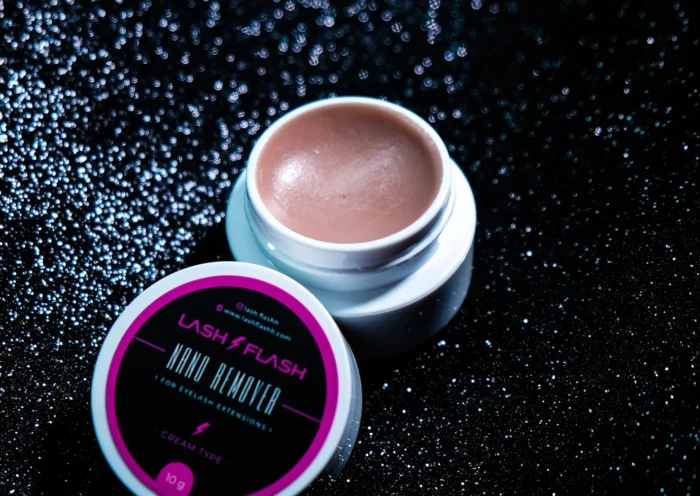Speed up lash application with Lash Flash tools In the competitive world of lash extensions, efficiency is key to success. Lash artists strive to deliver…
UN refugee agency urged release of child rapist into Australian community
Save articles for later
Add articles to your saved list and come back to them any time.
The United Nations’ refugee agency refused to help Australia rehome a stateless Rohingya man convicted of raping a 10-year-old boy and instead urged the government to free him into the community for rehabilitation.
Emails published by the High Court following its landmark ruling this month that indefinite immigration detention is illegal show the UN High Commissioner for Refugees declined to be involved in deporting the man and warned officials they were trying to send him to potentially dangerous countries.
The United Nations’ refugee agency refused to help Australian officials rehome the man at the centre of the High Court decision.Credit: AP
The challenge to indefinite detention was brought by the man, known by the pseudonym NZYQ, who had been detained since he was paroled in 2018. His legal team argued it was unconstitutional for the Commonwealth to hold a person with no prospect of leaving Australia.
The Albanese government is facing political heat over its response to the court decision as it pushes on with restrictions on foreigners freed from detention, including curfews and electronic ankle monitors, despite a fresh legal challenge in the High Court.
Home Affairs emails show officials sought the help of the UNHCR in recent months to send the man to other countries, including Bangladesh, Saudi Arabia and Australia’s Five Eyes intelligence partners.
However, a UNHCR representative questioned whether NZYQ was dangerous enough to deport.
“The fact that a person has been convicted of a particularly serious crime does not of itself mean that he or she also meets the ‘danger to the community’ requirement,” the August 4 response from the senior protection officer, whose name has been redacted, says, adding it depended on the crime and other factors.
“Noting his ongoing protection needs owed by Australia, and that Australia’s non-refoulement obligations are engaged, we urge for his release into the Australian community with appropriate supports for his rehabilitation.
“Accordingly, we do not consider there is a role for UNHCR in this case.”
Non-refoulement obligations relate to Australia’s requirements not to send people back to countries where their lives or liberty is threatened.
Home Affairs emails show the UNHCR also refused to verify documents the organisation had furnished relating to NZYQ’s family members in Saudi Arabia.
The UNHCR officer told Australian officials Bangladesh and Saudi Arabia were not signatories to the 1951 refugee convention.
“Country information and conditions indicate that there would be an appreciable risk that [NZYQ] would face harm or deprivation of liberty in these countries from the authorities or particular elements within the community,” the officer said.
“There are also risks that [he] would be subject to refoulement (either direct or constructive), in contravention of Australia’s international legal obligations.”
An internal Home Affairs email about the case sent on September 12 said: “The UNHCR has refused to provide the department any assistance in confirming the veracity of documents they have issued to Mr XX family members residing overseas or with exploring the possibility of third-country resettlement.”
This masthead sought an interview with former Australian Human Rights Commission president Gillian Triggs, who is now an assistant high commissioner for protection at the UNHCR, but the request was declined as Triggs was travelling.
The UNHCR released a statement condemning Australia’s indefinite detention regime following the High Court decision.
Lawyers for a former Chinese student released from immigration detention along with 100 other people since the court ruling have lodged a High Court challenge against the laws passed last week imposing restrictions on the freed foreigners, claiming they were punitive.
Asked whether the government would continue the rollout of ankle bracelets in the face of the challenge to their constitutional validity, a spokesperson said: “From the beginning of this process, the government has focused our most urgent attention on high-risk offenders. The implementation and rollout of these devices is continuing with activities under way this week.”
Greens senator Nick McKim, who accused the government of cowing to the opposition’s agenda over the laws, on Wednesday quit his position as co-chair of the Parliamentary Friends of Refugees Group in protest.
Labor’s co-chair is Kate Thwaites, who said the debate about refugee policy had to focus on community safety, while Coalition immigration spokesman Dan Tehan is another co-chair.
“The legislation exposes many refugees, including those who have committed no crimes whatsoever, to punitive and arbitrary punishment at the hands of the minister. It is a disgraceful attack on fundamental rights of refugees that was legislated in a panic, without time for proper parliamentary or legal scrutiny,” McKim said.
Cut through the noise of federal politics with news, views and expert analysis from Jacqueline Maley. Subscribers can sign up to our weekly Inside Politics newsletter here.
Most Viewed in Politics
From our partners
Source: Read Full Article


